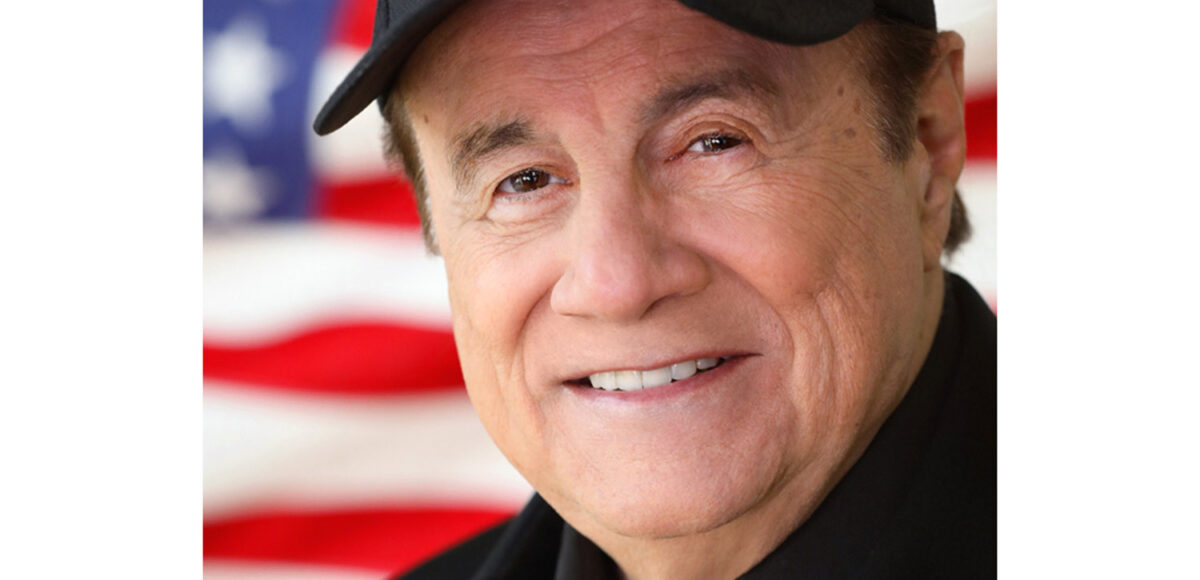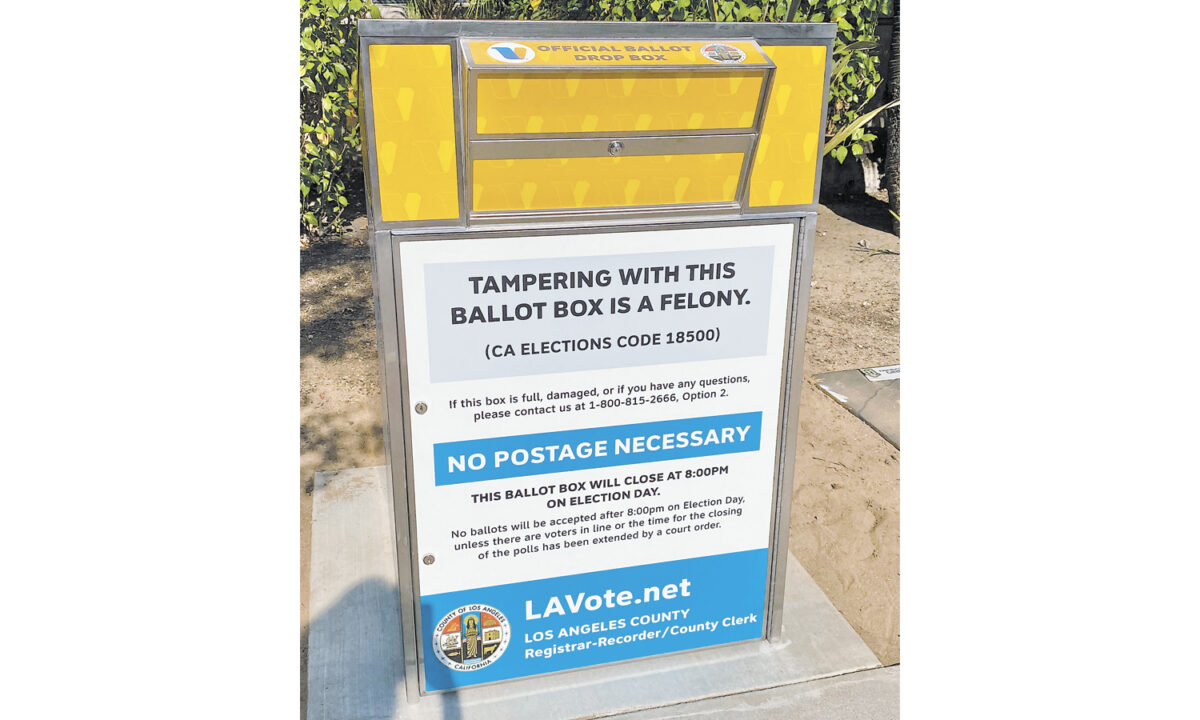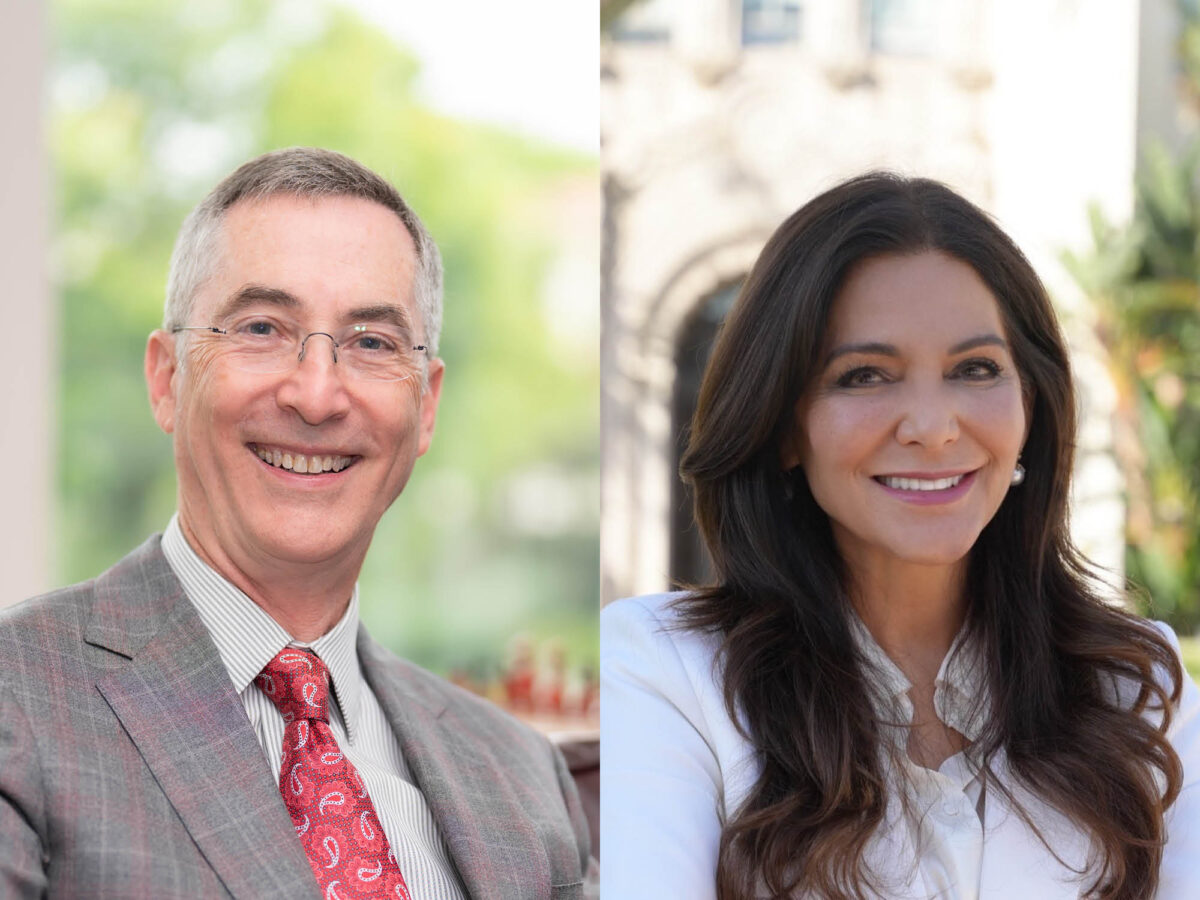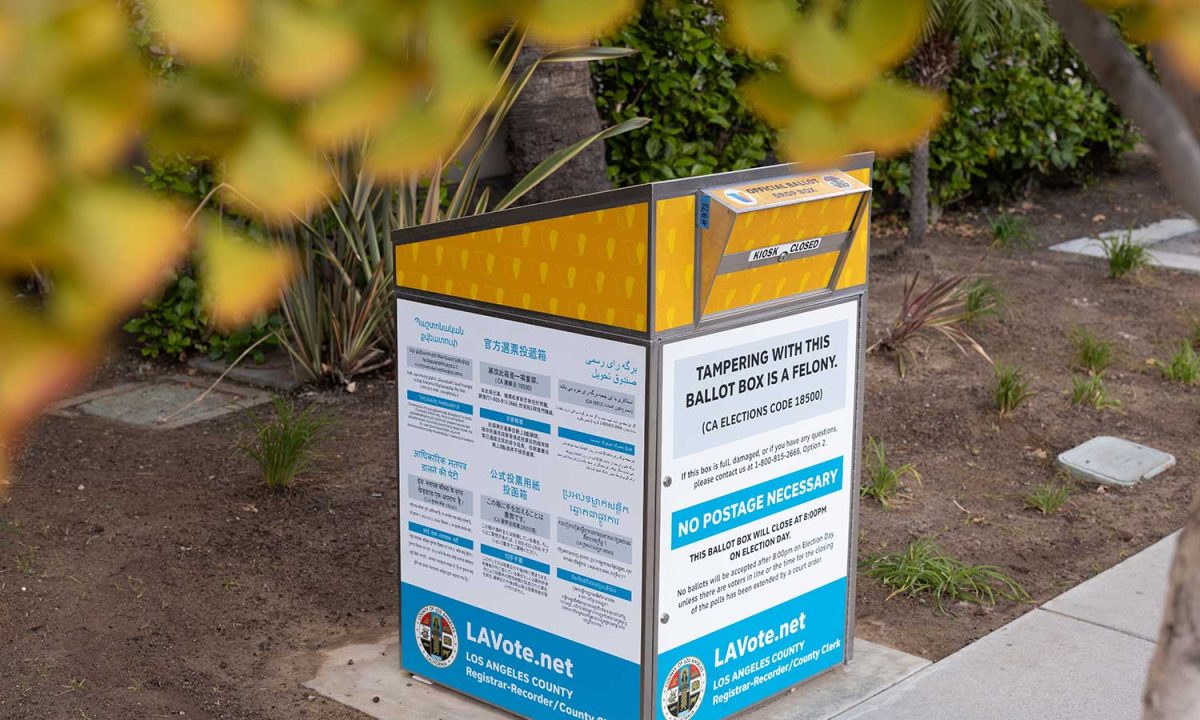In his second bid to represent the 32nd Congressional District, which includes Beverly Hills and much of West Los Angeles, longtime Hollywood executive Larry Thompson is hoping to end the polarization that has crippled American politics and exacerbated the biggest issues facing district voters.
Thompson previously ran as an independent against the then-incumbent Karen Bass (D) and documentary filmmaker Errol Webber in 2020, losing by a wide margin after receiving 6,795 votes, according to Ballotpedia.
He said the experience demonstrated a climate of fear in which unpopular opinions are silenced, and made him realize that many voters, especially Democrats, are blinded by party allegiance. As a “moderate Republican,” Thompson hopes to appeal to voters on both sides of the aisle and prod disillusioned Democrats to reconsider how they vote.
“All these labels that people slot themselves in, unfortunately, that doesn’t give us room to really talk about what we’re doing and what we’re saying and what we’re feeling,” Thompson told the Courier. “You can’t solve political issues with slogans.”
Originally from Mississippi, Thompson has spent more than 50 years in the entertainment industry in L.A. as a talent manager, lawyer and producer, among other roles. Though Thompson has never held political office, he has been informally involved in politics for years, serving as an “informal advisor” and speechwriter for Ronald Reagan and Gerald Ford, he said.
He added that his extensive entertainment experience has also prepared him to serve in Congress.
“I’ve spent over 50 years representing major stars. I take care of them. I listen to them carefully; I nurture their dreams … I do everything for them. I am a giver, that’s what my nature is, that’s what my profession is,” Thompson said. “Now I want to take all that experience I have and help people who are not necessarily movie stars. I want to help the normal person who has problems, who has needs, and I want to give him the professional representation I’ve given many special people.”
His policy priorities include tackling the homelessness and housing crises. Thompson did not provide specific policy proposals for these issues, though he criticized the measures passed by Governor Gavin Newsom, cautioned against excessive spending and said that building more housing alone would not solve the problem.
“Each person on the street has a story as to how they got there,” Thompson said. “We have to hold their hand, listen to them and treat them as to how they got there. Housing them, yes, but we [also] have to fix the core problem.”
Thompson also advocates for longstanding conservative goals like lowering taxes, and is opposed to Measure ULA, an initiative passed last year that raises money for affordable housing in Los Angeles by taxing the sale of properties over $5 million. Thompson called the measure “invalid and unconstitutional,” and said that he would support litigation that challenges it.
Thompson’s platform also includes securing the United States border with Mexico and implementing immigration reform, which he said has been overlooked by the federal government.
“You cannot convince me that they are already trying to guard the border [while] letting millions of people in,” Thompson said. “I guarantee you this: If we made efforts, if we set out to secure the border, we’d get a lot more security in place than we have now.”
While Thompson said he is equally focused on local issues like fixing potholes in Benedict Canyon, it is important as a candidate to address national issues, and that unrestricted immigration would affect his future constituents.
“Anybody who lives on the Westside who thinks that having an open border doesn’t or will not affect them is naïve,” Thompson said. “When you add up immigration with homelessness, it starts to complicate the problem.”
Thompson then repeated a central promise of his candidacy: that he would provide a platform for everybody to voice their opinions, even if unpopular.
“I don’t want to come off as indifferent to the world’s problems. I don’t want to come off as indifferent to people in general. I don’t want to come off as not compassionate. I just have a different way to [solve problems],” Thompson said.
“We have such a great state. We have so many different resources. We have so many intelligent people. We have so many good people who want to do good things. But unfortunately, we silenced a lot of them. We’ve made it dangerous for a lot of them. And a lot of people don’t want to stand up and face that. So, I am.”






